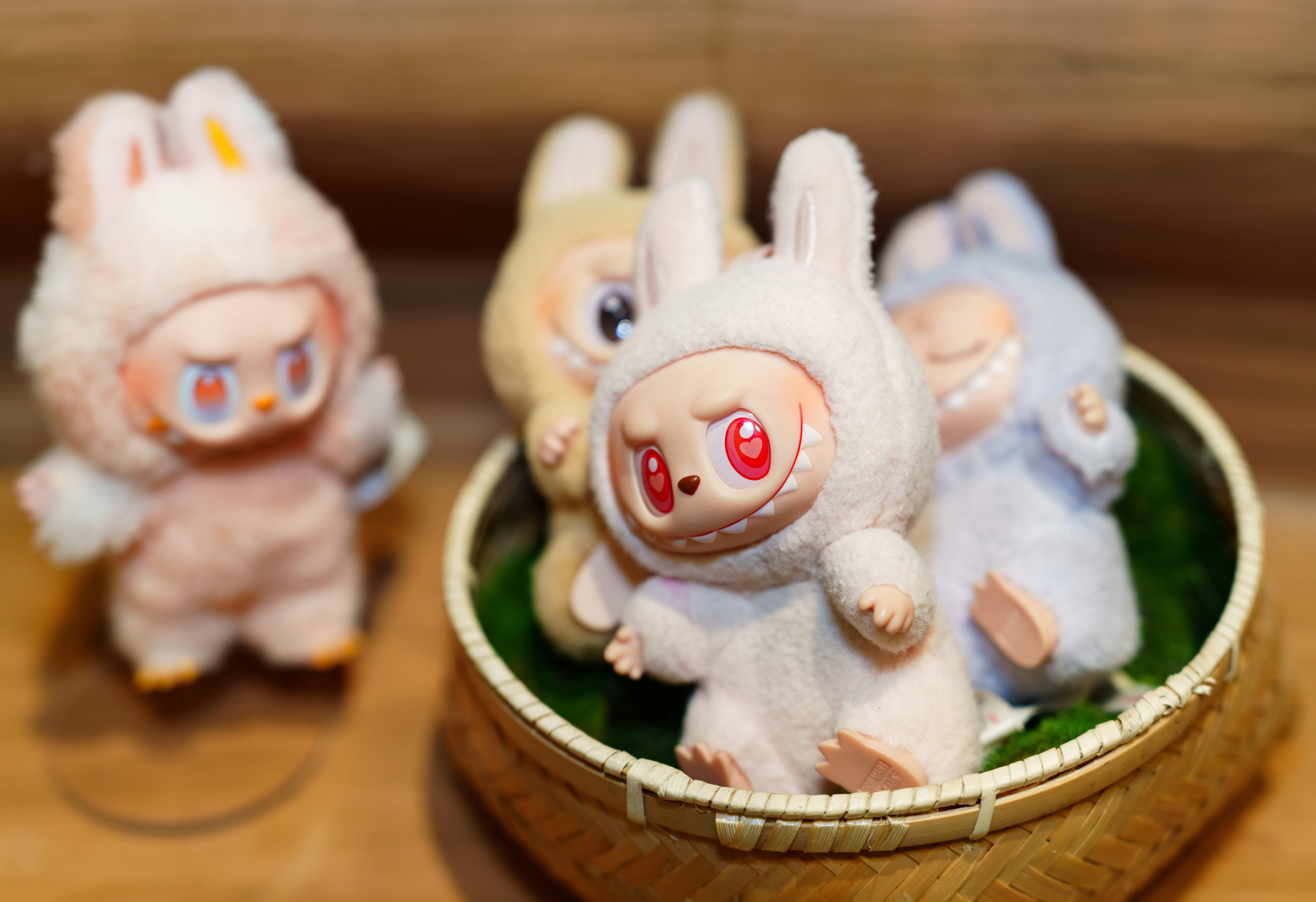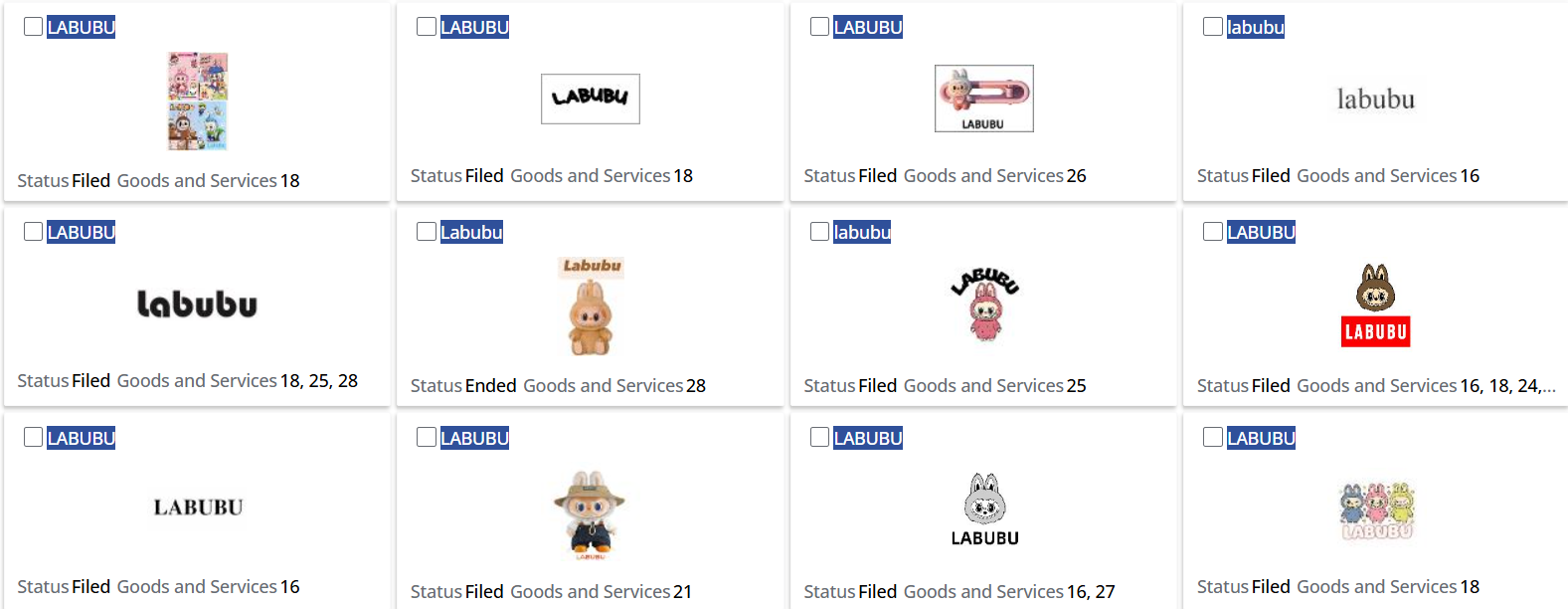From a sketchbook doodle to a global icon
Labubu didn’t start in a boardroom or with a corporate branding strategy. It began as a quirky character from the mind of Kasing Lung, a Hong Kong-born illustrator whose dark-yet-cute style caught the eye of collectors in the indie toy scene. His original Labubu illustrations and hand-crafted vinyl figures built a quiet cult following among designer toy collectors across Asia.
In 2018, Lung collaborated with Pop Mart, the Chinese toy and entertainment company that was rapidly scaling its blind-box collectible business. Labubu became the breakout character in Pop Mart’s The Monsters series — and soon after, a merchandising icon.

In 2023 alone, Pop Mart generated over $700 million USD in revenue, with Labubu consistently ranking as one of the brand’s top-performing IPs. Limited edition figures routinely sell out in minutes, and resell on secondary markets for upwards of 5–10 times their retail price.
When a product gets too popular: The rise of the fakes
With that kind of value at stake, it’s no surprise that Pop Mart is now facing a rising tide of fake Labubu products.
On June 12, 2025, Chinese customs authorities at the Hong Kong-Zhuhai-Macao Bridge checkpoint made a major seizure: more than 20,000 suspected fake Labubu items were found in three separate inspections of outbound cargo trucks. These included blind-box toys and plush dolls that looked strikingly similar to the real thing but were missing official trademark labels.
In total, over 40,000 counterfeit Labubu products have been intercepted by Chinese customs in recent weeks, according to the General Administration of Customs. After verifying with Pop Mart, officials confirmed the goods were unauthorized copies that violated both trademark and copyright protections.
This is just one in a string of enforcement actions tied to Labubu, a character whose explosive global popularity has made it a prime target for copycats. As demand grows, especially for its limited-edition blind boxes, so too does the incentive for counterfeiters to cash in.
Defending the brand, one trademark at a time
In response, Pop Mart has gone on the legal offensive — expanding its trademark filings aggressively across the globe. A search on TMview, an international trademark database, shows over 130 Labubu-related trademark filings across more than 30 countries and regions.

The company is actively registering the “Labubu” name and related designs in major markets including:
China – where the brand originated and continues to lead in sales
South Korea, Japan, and Southeast Asia – regions where Labubu has gone viral among collectors
The United States, United Kingdom, and European Union – important destinations for global retail expansion
Emerging markets like Turkey, Brazil, Mexico, and Vietnam – showing that Pop Mart is trying to get ahead of potential imitators in fast-growing markets.
These filings span across dozens of product categories — from toys and apparel to digital content, accessories, and even food items — to cover both current and potential future uses.
Labubu is no longer just a character — it’s a pop culture icon, and Pop Mart wants to make sure no one else cashes in on that identity. By securing trademarks across different categories, the company makes it harder for counterfeiters and copycats to legally sell knockoffs or sneak into new markets with similar-looking products.


